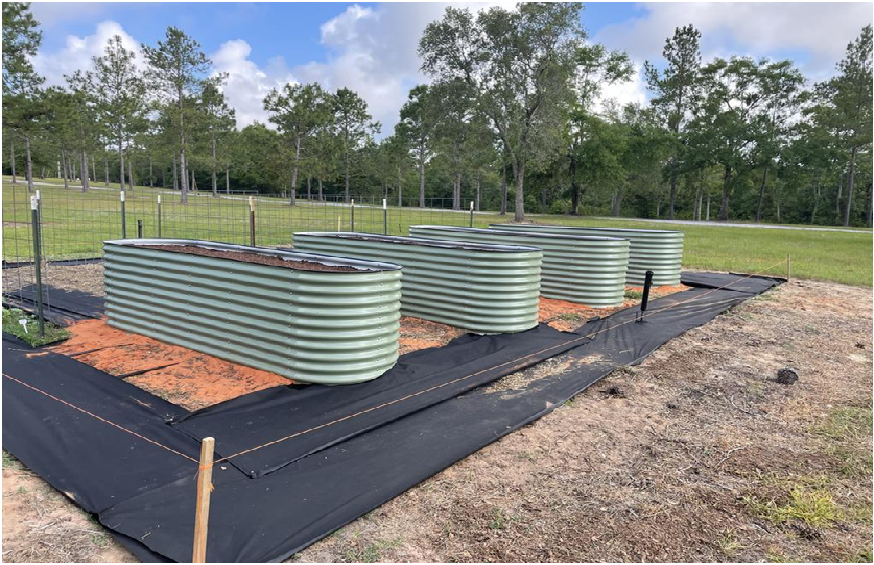Raised garden beds are an artistic way of growing plants in structures above the ground. The benefits of raised garden beds are numerous. The soil that is raised above the original surface can easily be controlled for quality. These garden beds also provide a great environment for optimal plants growth. Planting and growing fruits and vegetables in raised garden beds are an excellent way of boosting the productivity of your plants and making maximum use of the space.
Raised garden beds provide an excellent growing environment and also lessen the need for weeding. It also allows the gardeners to have complete control over the soil quality. You will also be able to ward off the pests and provide an excellent environment for crops to grow. However, growing your plants in your raised garden bed is not as easy as it seems, as there are quite a few things that you require to consider before you start to grow your plants.
Raised garden bed soil composition: The soil composition is very important for planting and growing vegetables in your raised garden bed. You will have to fill your raised garden bed with superior quality soil. You should also constantly add nutrients to the soil so that the soil remains fertile at all times. You will also have to ensure that the soil has a pH range between 6 to 7 for optimal plant growth. You can also use garden raised beds for sale for your plants.
Sunlight: You need to select one such area in your raised garden bed that receives the sun’s direct rays while you are growing your plants. The region should get at least 7 to 8 hours of direct sunlight. So, you need to track the sun in your garden before you decide to create the framework for your raised garden beds.
Raised garden bed watering: The raised garden bed soil tends to dry out quickly. That is why when you create your raised garden bed soil, you must make it a point to water it thoroughly. You can also add a few layers of mulch and compost to your raised garden bed to ensure that the garden bed can easily retain moisture. You can also try placing the garden away from the sun’s direct rays as the water can evaporate easily.
Nutrients: Your raised garden bed should always be rich in nutrients. Vegetable plants require a good supply of nutrients to grow well. That is why you should always add sufficient amounts of nutrients to the soil. A very good way of increasing the nutrient content is to add compost. You can also grow leguminous plants at regular intervals to make sure that the raised garden bed has sufficient nitrogen supply in it.
And this is all about raised garden beds. If you wish to know how to plant potatoes in your garden bed, you can connect with us.




